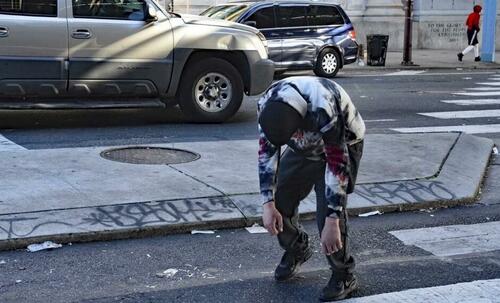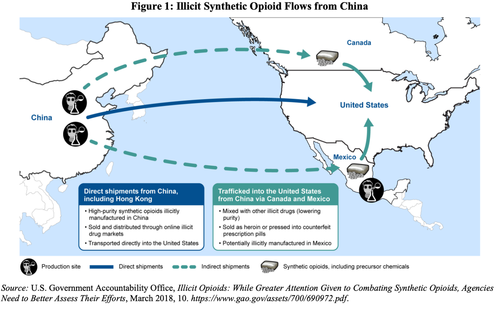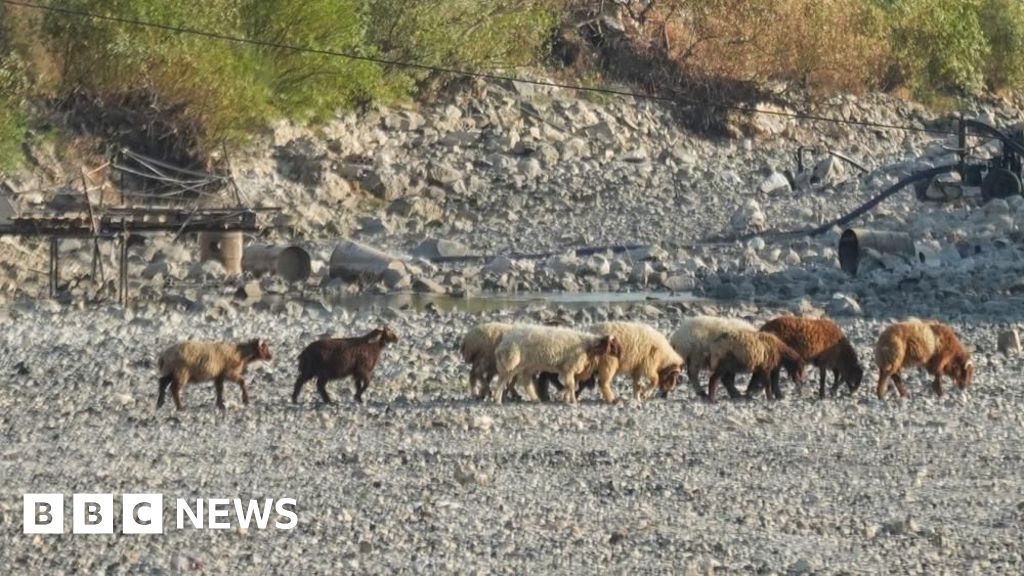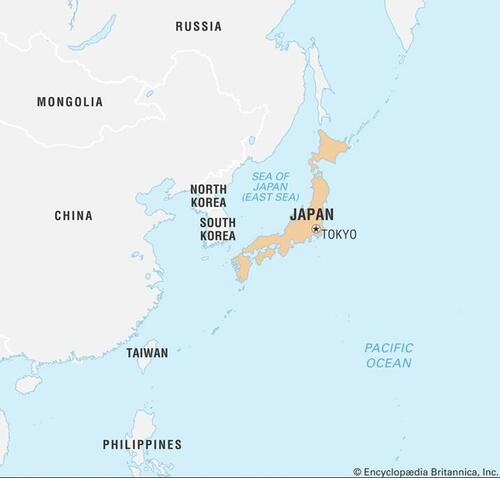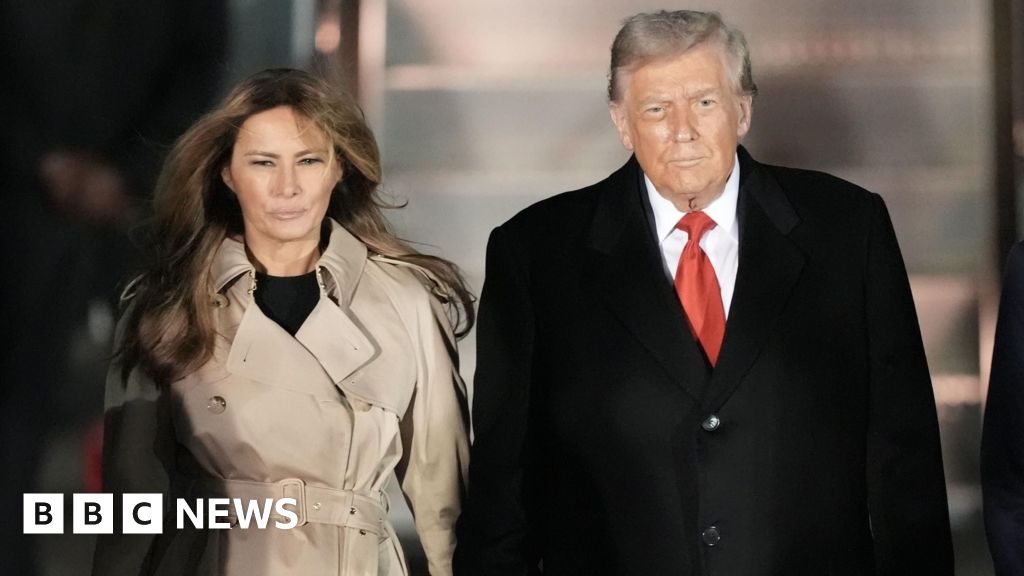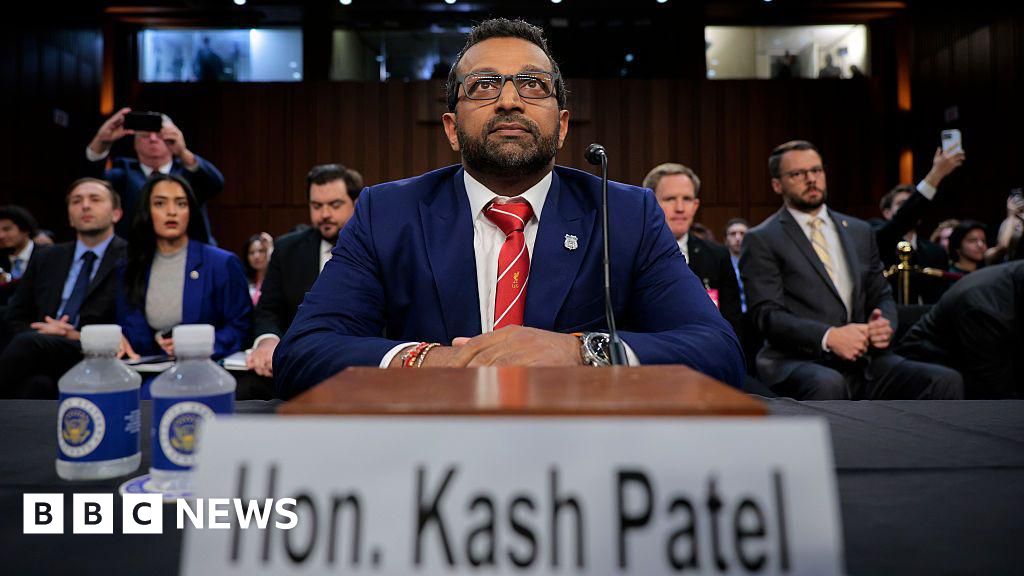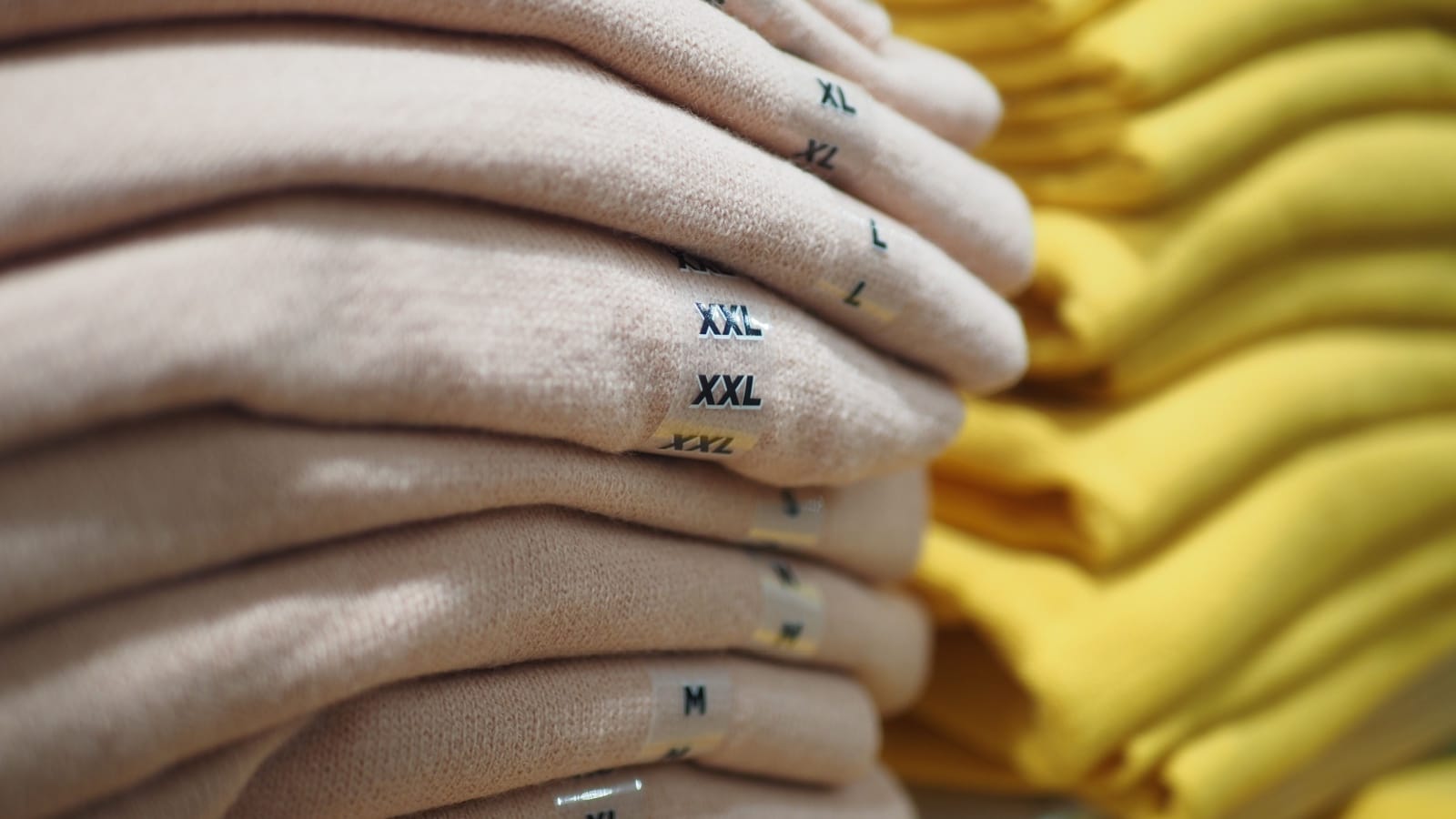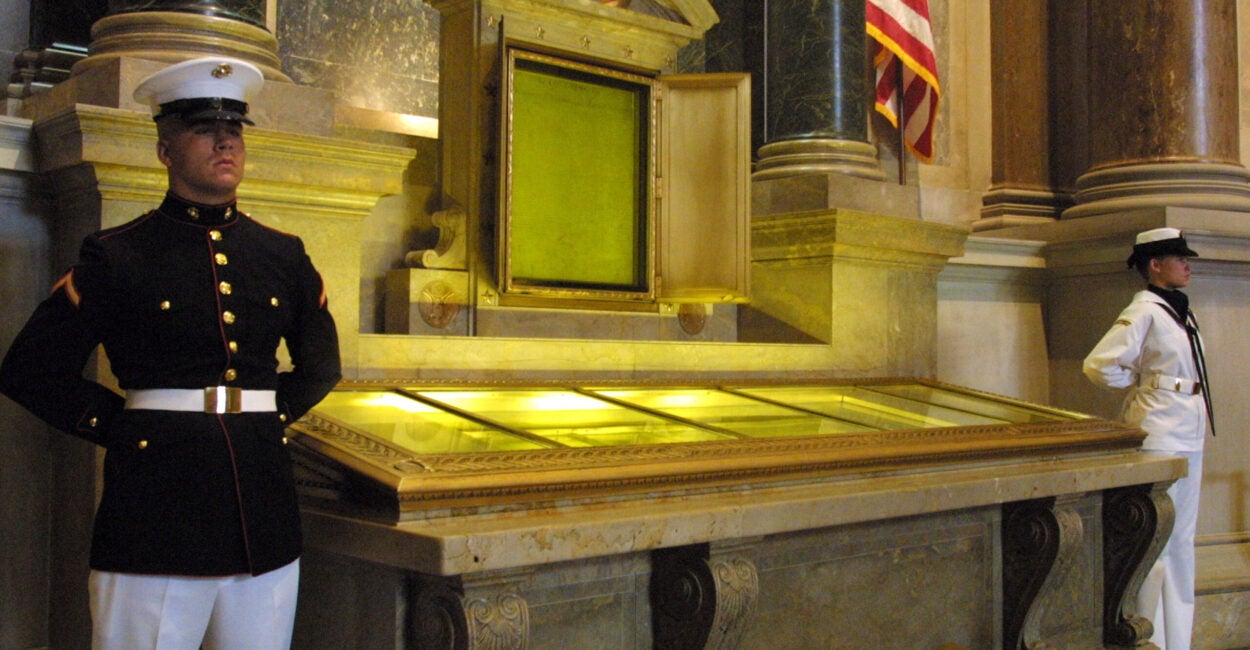Trump Admin Expands Targets Across Global Narco Networks
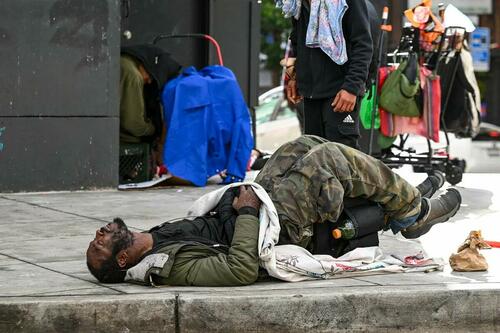
President Trump’s “America First” strategy – also described as “Hemispheric Defense” and alignes with the century-long Monroe Doctrine of the early 1800s – has expanded through increased border security, elevated pressure on allies such as Canada and Mexico, punitive measures against adversaries including China, Venezuela, Colombia, and Afghanistan, and declaring fentanyl crisis as well as both a public health crisis and national security threat, while also expanding list of nations designated as major drug transit or illicit drug-producing countries.
A White House statement to begin the week announced that the Trump administration invoked Section 706(1) of the Foreign Relations Authorization Act for Fiscal Year 2003 (Public Law 107-228) to designate Afghanistan, The Bahamas, Belize, Bolivia, Burma, the People’s Republic of China (PRC), Colombia, Costa Rica, the Dominican Republic, Ecuador, El Salvador, Guatemala, Haiti, Honduras, India, Jamaica, Laos, Mexico, Nicaragua, Pakistan, Panama, Peru, and Venezuela as major drug transit or illicit drug-producing countries.
Trump’s new designation for the countries listed above provides the administration with additional leverage, including the ability to impose severe consequences on foreign assistance programs if those governments fail to meet counterdrug obligations.
In effect, the designation gives Trump another bold tool to bring into line countries it views as complicit in the global drug trade network with drugs that eventually end up on the streets of U.S. cities, which have fueled an overdose crisis killing more than 100,000 Americans annually.
“Transnational organized crime’s trafficking of fentanyl and other deadly illicit drugs into the United States has created a national emergency, including a public health crisis in the United States that remains the leading cause of death for Americans ages 18 to 44,” the president wrote in the Presidential Determination.
The stark upward trajectory of overdose death rates since 1973 presents a powerful indictment of prevailing drug prohibition policies. When a governmental agency is established to curb a crisis, yet the severity of that crisis escalates so profoundly under its tenure, it demands… pic.twitter.com/38tUxRrwr9
— Deschedule (@DescheduleEarth) September 11, 2025
He continued, “More than 40 percent of Americans know someone who has died from an opioid overdose, and in 2024 the United States averaged over 200 deaths daily due to illicit drugs. This remains unacceptable, and my administration is deploying every aspect of American power and unprecedented resources to defeat this threat to our Nation.”
Key highlights from the Presidential Determination:
Major Drug Transit/Producing Countries
Identified under U.S. law: Afghanistan, The Bahamas, Belize, Bolivia, Burma, China (PRC), Colombia, Costa Rica, Dominican Republic, Ecuador, El Salvador, Guatemala, Haiti, Honduras, India, Jamaica, Laos, Mexico, Nicaragua, Pakistan, Panama, Peru, Venezuela.
Inclusion reflects geography/economics, enabling drug flows, not necessarily government cooperation or effort.
Countries Failing Demonstrably
Afghanistan, Bolivia, Burma, Colombia, Venezuela.
These failed to meet international obligations or U.S. standards for drug control.
U.S. assistance to Bolivia, Burma, Colombia, and Venezuela deemed vital to U.S. interests.
Regional Security Measures
Border security tightened, overdose deaths reportedly declining.
Canada: PM Carney named a fentanyl czar, advanced inspection powers.
Mexico: Pres. Sheinbaum boosted cooperation, surged 10k National Guard to border, seized fentanyl/precursors, extradited 29 cartel leaders. U.S. expects sustained, deeper actions.
U.S. designated Mexican cartels as foreign terrorist organizations (FTOs), unlocking sanctions, prosecutions, visa bans.
Country-By-Country Threat
China (PRC)
Largest source of fentanyl precursors.
Punished with 20% tariffs and removal of de minimis duty-free imports.
U.S. demands stronger Chinese enforcement and prosecutions.
Colombia
Coca/cocaine production at record highs under Pres. Petro.
Failure attributed to political leadership’s policies and weak eradication.
U.S. open to revising designation if actions improve.
Venezuela
Maduro regime labeled a global cocaine trafficking hub.
U.S. will continue efforts to prosecute Maduro/regime officials.
Tren de Aragua designated a terrorist threat.
Bolivia
Some cooperation, including seizures and prosecution of corrupt officials.
Still short of consistent counterdrug obligations.
Afghanistan
Taliban ban on drugs undermined by stockpiles and meth production.
Drug trade funding terrorists/criminal groups.
Designated as failing demonstrably again.
Back to our earlier notes from this year on Trump’s hemispheric defense: the strategy extends beyond dismantling narcotics networks in the Americas and neutralizing command-and-control nodes of FTO-designated cartels (recall our reporting that SIGINT operations were laying the groundwork for this). The administration is also cleaning up financial institutions (recall TD Bank’s AML violation), targeting cartel money as well as laundering networks operated by China and other adversaries.
The kinetic side of hemispheric defense is playing out with the US Southern Command’s military assets off the coast of Venezuela, targeting drug boats.
. @POTUS “This morning, on my Orders, U.S. Military Forces conducted a SECOND Kinetic Strike against positively identified, extraordinarily violent drug trafficking cartels and narcoterrorists in the SOUTHCOM area of responsibility. The Strike occurred while these confirmed… pic.twitter.com/KQYiEpqsGb
— DOW Rapid Response (@DOWResponse) September 15, 2025
The Trump admin has a message for FTO drug cartels: “We Are Hunting You.”
Loading recommendations…
Recent Top Stories
Sorry, we couldn't find any posts. Please try a different search.
